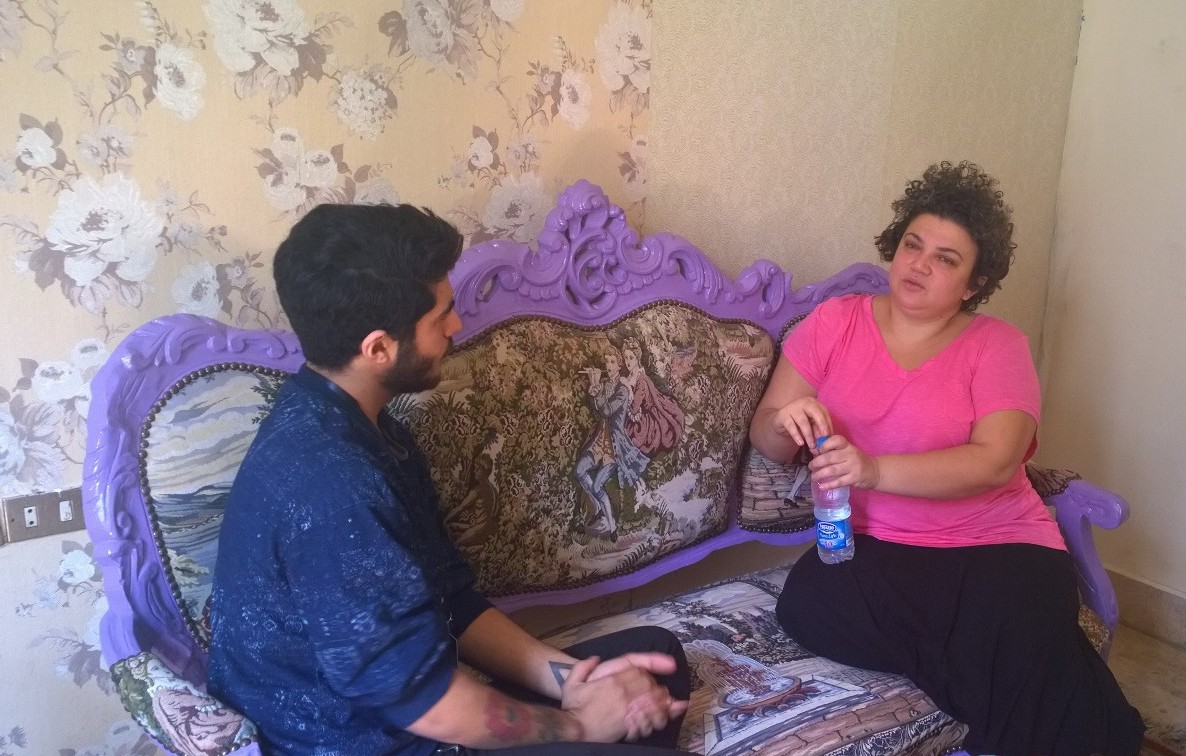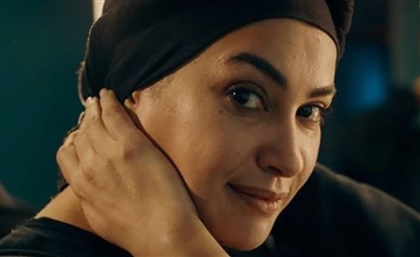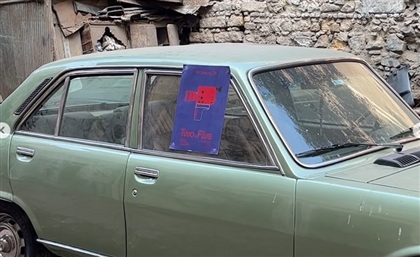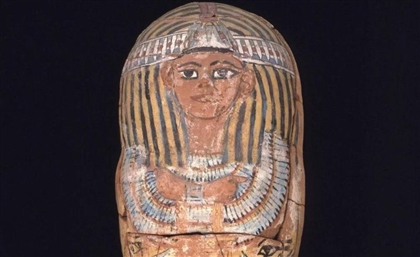Salma Tarzi: Under The Surface
Timmy Mowafi delves into the mind of the woman who picked up a camera and knocked on the door of the now notorious Oka & Ortega, making a passion-stirring documentary about the illustrious Shaabi scene, after its screening at this year's D-CAF.

It's November 2011. Documentary filmmaker Salma El Tarzi is at somewhat of a crossroads in her life, juggling her production job and finding her next passion project; "it was a very schizophrenic period, between doing very low budget things and then producing an ad that's like 4/ 5 million pounds for a packet of yogurt." She's shown a video of a street-party in Cairo; loud scatter-shot melodies play as women dance around with knives. The lightbulb moment came "almost immediately," she recalls, beaming. "I was having an identity crisis but after I was shown that video, for me it was like a lifesaver; I knew what I was going to do."
She would spend the next year chasing the musical and cultural phenomenon that is Shaabi music, or mahraganat from it's lowly stages in the streets of Madinet El Salem and El-Matareya, to sold out festivals and beyond, all through the eyes of two of the genre's favorite sons Oka and Ortega and their crew the 8 Percenters. The film would eventually lead her to winning the best director award at the Dubai International Film Festival.
She managed to catch on at a time before most people didn't quite know what was going on but collectively felt the vibrations rising up from the street; the pure energy of a Shaabi street-party or performance became hard to ignore for the masses.
I know for a fact that at that time she was not the only person with an idea to start documenting the emergence of the genre to an almost global scale, but she was the only one who grabbed a flip camera with 5 LE in her pocket, did her research and walked right up to the door of the simmering street-sounds. On landing on Oka and Ortega as her choice of heroes she "did a lot of research listening to different people and they struck me as special, as different at the time." With the help of Mahmoud Refaat, 100 Copies founder and a childhood friend of El Tarzi's, she got in touch with the duo and the journey began but, surprisingly, it wasn't always in her mind to make the story about just Shaabi.
El Tarzi reflects back with a sort of guilty smile. Despite intending at first to not make a cliché movie about the revolutions artistic residuals, she initially had three topics in mind: "I had managed to force a certain relationship in my mind which was always there but not how I always saw it, which was between graffiti, ultras and Shaabi music... I really wanted to relate them to the revolution from a political sense. I was still also very naive and arrogant to think people who take part in the revolution, anything that's underground or anything that's popular or Shaabi or poor, is necessarily pro-revolution and they're our people." We then joke about a brilliant part in the film where Oka is sitting in the back of a car looking back out the window essentially saying he didn't give a shit about the revolution, it didn't effect them. She continued on finding her main topic "as soon as I started dealing with the Shaabi musicians, I knew this is all I need, this is something big on it's own and should not be diluted." In March 2012 she recieved funding to take the production to a larger scale.

The movie quite brilliantly portrays the two protaganists as they struggle to come to terms with their own popularity in an ever expanding scene. "I really caught them in the transition between them thinking that no-one knows about them and then them really getting sucked into the big world." After shooting with the crew for five days a week, it's natural that a bond was created, people began to recognise her at all the Shaabi weddings, and she was becoming "one of the crew," which it seems is counter-intuitive to one of the cardinal rules of documentary making. But El Tarzi sees it differently: "For some reason I felt that, maybe with the sprit of the revolution, I felt that trying to detach myself would be really putting myself in a higher positon, in a patronising and in control. I did not want them to be lab-rats."
And it worked out well. What made Underground On/The Surface such a fantastic capsule for the documentation of a specific subculture was the lack of forced rhetoric, the movie simply shows thing exactly how it was, pimples and all, with engaging sub-plots naturally appearing like the evil-villain looking manager DJ Wezza and his attempts to capitalize on Oka and Ortega's new found fame as well as their bitter but also hilarious feud with another Shaabi crew featuring the likes of Figo and Sadat.

After watching the film at the sold-out opening screening at D-CAF this year, at the legendary Radio Cinema, I did have one niggling question on my mind. The movie ends on a grey ground, where they still haven't quite reached omnipresent notoriety but in the time since El Tarzi finished editing, they've gone on to play at some of Cairo's high-end nightclubs including appearences at a ByGanz party - so what were there lives like now? Well "We tried to contact them many, many, many times to tell them about the film and they changed their phone numbers and they don't answer - they have a new manager."
It seems my hopes for a sequel follow up were dashed but El Tarzi is currently in the early processes of filming a fiction and, if she can top the energy of this non-fiction, I'll be first in line at the cinema.
El Tarzi is currently pushing for distributorship of Underground/On The Surface in Cairo's cinemas.
- Previous Article Kids ♥ Kompass
- Next Article Epic Egyptian Interview End
Trending This Week
-
May 01, 2024
























